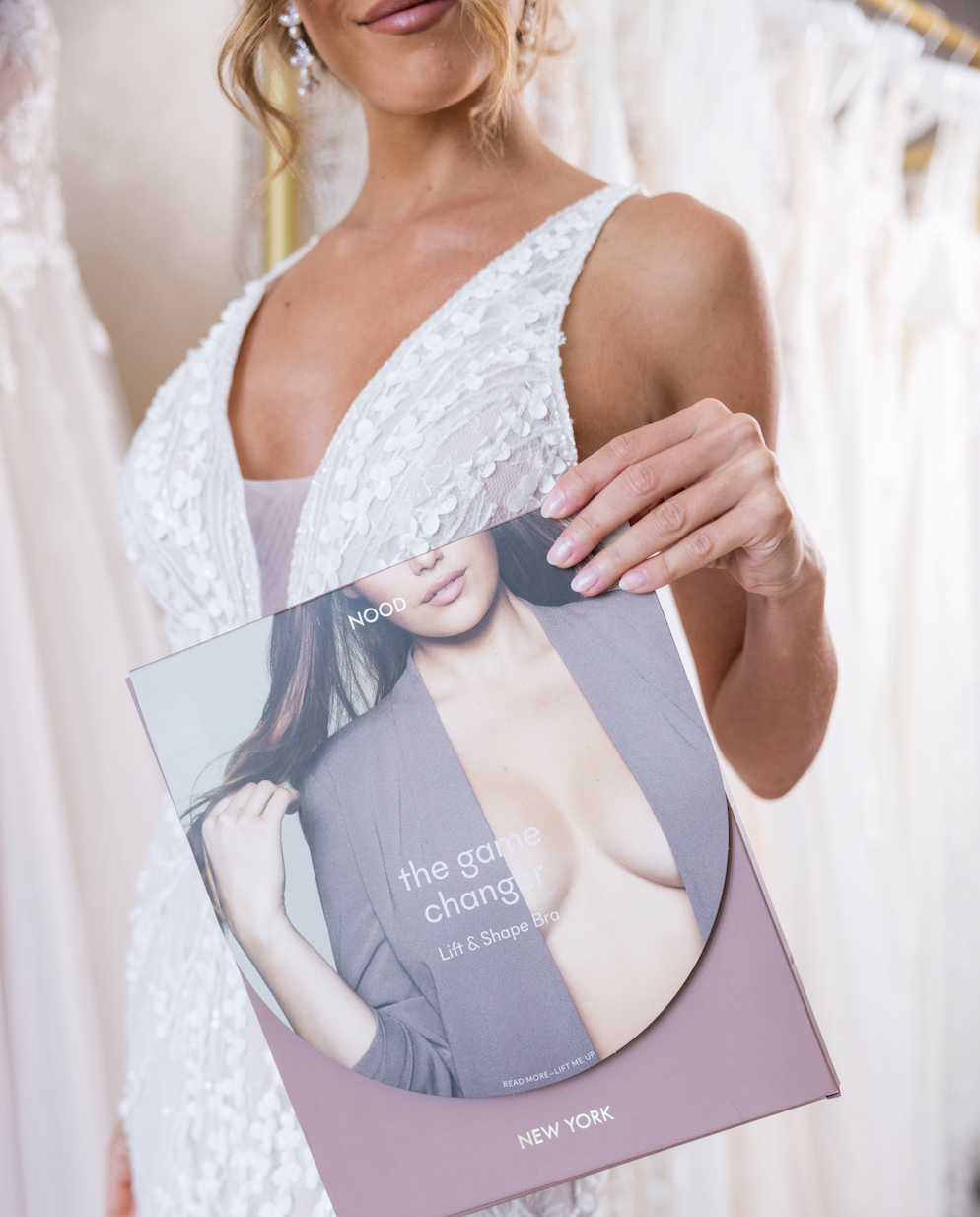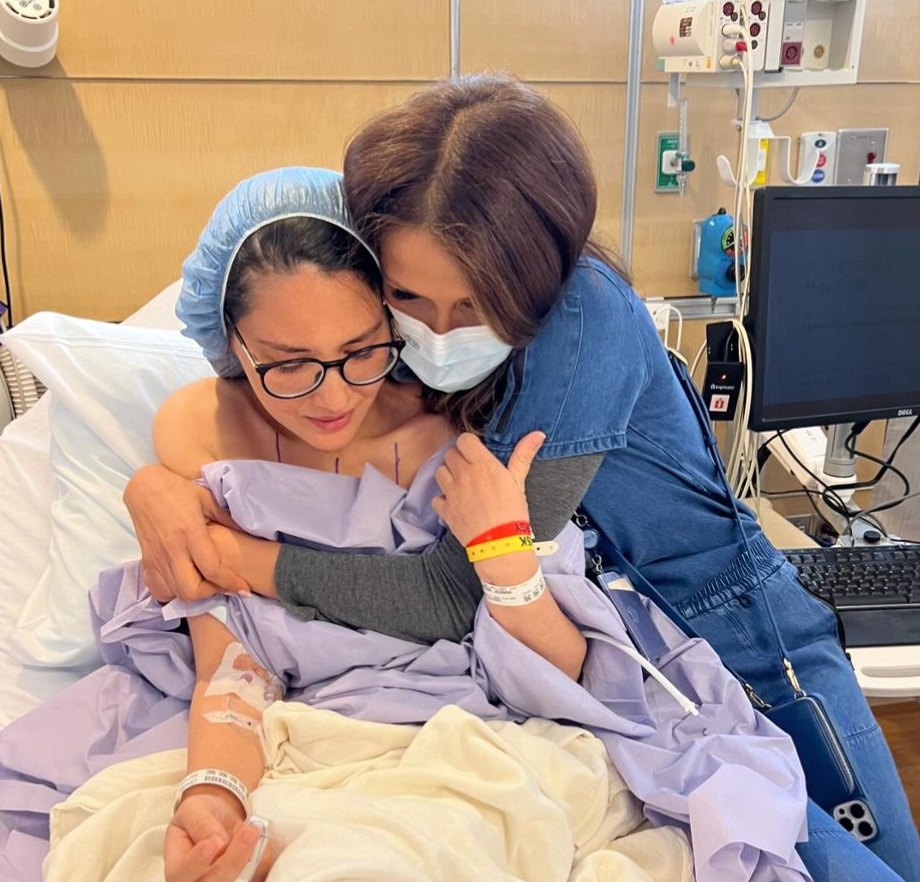5 Things Women Under 40 Should Know About Breast Cancer
Later this year, during breast cancer awareness month we'll be doing another deep dive on a certain subject within the breast cancer space. Last year we discussed the mastectomy journey with doctors, survivors and family members. This year we are going to discussing breast cancer in women under 40.
Breast cancer is rare for women under 40. So, a breast cancer diagnosis can be shocking news for a young woman to hear.

Breast cancer in young women can have its own risk factors and traits, and young women have their own considerations when deciding on a treatment - according to the team at the Beth Israel Deaconess Medical Center (BIDMC) in Boston.
According to them, there are 5 things they want women under the age of 40 to know.
one:
Know Your Breasts. A lump is not the only sign of possible breast cancer. Although these don’t always indicate breast cancer, some other signs to watch for include discharge coming from the nipple or an inverted nipple.
two:
Know Your Family History. In younger women, breast cancer is more likely to result from genetics. If you’re 45 or younger and have been diagnosed with breast cancer, consider genetic testing to determine if you’ve inherited a cancer-causing gene, such as BRCA1 or BRCA2. Many genes that increase your breast cancer risk can be identified through a blood test.

three:
Know Other Risk Factors. Family history is not the only risk factor for breast cancer in younger women. Others include:
- Previous high-dose radiation to the chest
- Early onset of menstrual periods (before age 12)
- Late age pregnancy or no previous pregnancy
- Dense breasts on mammogram
- Heavy alcohol consumption
- Obesity
- Sedentary lifestyle
four:
Know How to Find the Right Doctor. If you are diagnosed with breast cancer, it's important to find the right healthcare team to work with you. You may see several different types of oncologists (cancer specialists), including medical, surgical, and radiation oncologists. Your healthcare team should be experienced with all the new treatments and approaches including genetics, neoadjuvant therapy (chemotherapy before surgery) and immunotherapy.
“New therapies that fight cancer using a person’s own immune system (immunotherapy) are particularly effective to treat triple-negative breast cancer, which is a type of cancer more often found in younger women,” said Nadine Tung, MD, head of breast medical oncology and cancer genetics at Beth Israel Deaconess Medical Center (BIDMC).

five:
Know it’s Ok to Ask Questions. Receiving a breast cancer diagnosis is overwhelming at any age. For younger women, there may be some unique challenges to consider, including fertility or other areas of reproductive health.
Are there any questions you want us to ask our interviewees ahead of October? Send us a message on Facebook or Instagram.

The NOODIST




